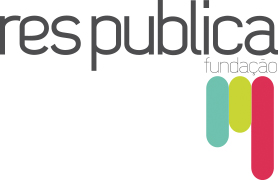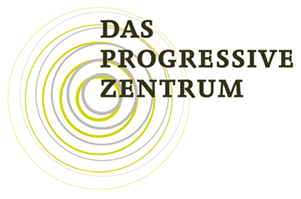
next environment
Publication
Europe’s Youth Envisioning a Democratic Environmental Decision-Making Process for All
April 27, 2020Author: Generation Climate Europe
EU has a choice to make. It must reinforce the European Green Deal and invest in the green transition to prepare all generations for a green economy. We need to democratise environmental decision making, creating spaces for young people to participate and for intergenerational exchanges.
Protect the European Green Deal
The world has been stalled as a result of the COVID-19 pandemic and despite the uncertainty, decision-makers already have an eye on the restart. After all our effort pushing for a strong European Green Deal, we now find ourselves at a crossroads. Here, the EU has a decision to make. Either, they can be tempted into times of old and continue to fund polluting sectors, locking us into continual fossil fuel dependency. Alternatively, the EU can reinforce its environmental and climate ambition. We cannot afford for the Green Deal to be compromised.
The European Green Deal’s policies should not be delayed, but reinforced for a green recovery to the COVID-19 pandemic. Any financial recovery packages must be compatible with the European Green Deal’s objectives. We cannot afford to delay the green transition any further. It is an inevitability and our continued inaction only serves to raise the cost of future action. Our attention must instead be turned to preparing society for the post-transition economy.
If the EU invests in the green transition, up to 60 million new jobs in the green economy could be created by 2030. The EU and its Member States should invest in skills that will facilitate the transition to a sustainable society and economy. We need more vocational training for young people to allow them to participate in this reshaped economy. However, attention needs to also be given to those currently employed. Every generation will need to be supported in the transition to a green economy. The Green Deal should further strengthen opportunities for intergenerational solidarity. In particular, the EU needs to invest in the upskilling and reskilling of workers employed in fields that will not be required any longer after the transition. If the EU does not reinforce its climate ambition, one crisis will replace another.
Moving Towards Democratic Environmental Decision-Making
Young people have been striking for well over a year now, often alongside other generations. These strike movements have created a new space for young people to have their voices heard in environmental decision making. Yet, our message is not changing because we are not being listened to.
It is now important to build on our work in the streets and ensure that youth involvement is formalised. Decisions made now, particularly regarding the Green Deal and recovery plans, will have long-lasting implications for future generations. These decisions must reflect the interests and views of younger citizens. Young people deserve to have a say in their future and to work with other generations to create a solution that works for all. Building on the case of youth councils and citizens’ assemblies we would propose a mechanism for structured youth participation in European decision-making processes. This would take the form of a structured Youth Climate Dialogue.
The Youth Climate Dialogue would involve regular meetings with the Commission, the Council and other decision-makers. It would create a space for young people to directly voice their concerns and demands to the European institutions. Additionally, regular meetings allow for follow-ups and an opportunity to question what has been done with previous youth inputs. Too often there is a lack of clarity over what is done with the demands of young people. We are tired of just being ‘spoken to’ and our demands being disregarded in blatant ‘youth washing’. The EU needs to commit to its desire to involve the views of young people by creating structured channels of communication where young people are listened to as active discussants.
The Conference on the Future of Europe also presents another opportunity. Diversity is our strength and expansive intergenerational exchanges should be at the forefront. To understand the needs of the various age groups, the Conference should bring together representatives of different age groups, providing a platform for intergenerational interactions and exchanges on topics related to climate and environmental issues.
There is hope to be had. The European Green Deal is a step in the right direction and it must be protected at all costs. The COVID-19 pandemic has demonstrated our ability as a society to band together. We have demonstrated intergenerational solidarity in the face of a crisis. Now we must take this mentality forward and use it in our fight against the climate crisis.
Generation Climate Europe (GCE) is the largest coalition of youth-led NGOs at the European level, pushing for stronger action from the EU on climate and environmental issues. We bring together 8 of the largest European youth organisations, representing over 460 national organisations in all Member States and over 20 millions young Europeans. Our goals are two-fold. First, to create a united voice to better advocate for the position of youth in European decision-making processes on climate and environmental issues. Secondly, to empower young people to become effective climate advocates.
Read the article by Generation Climate Europe in PDF
related publications
-
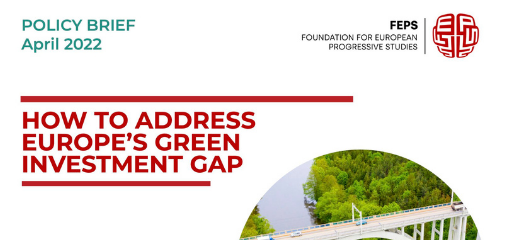
How to address Europe’s green investment gap
read more -
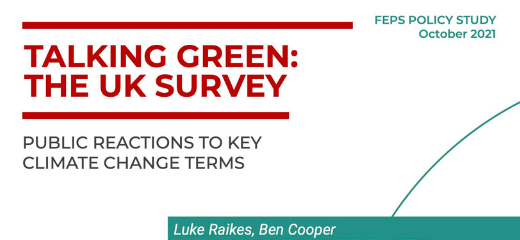
Talking Green UK
read more -
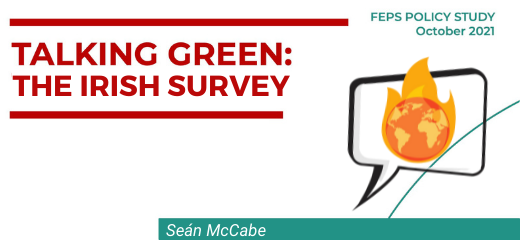
Talking Green: The Irish survey
read more -
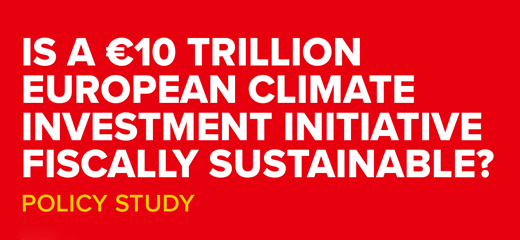
Is a €10 Trillion European Climate Investment Initiative Fiscally Sustainable?
read more -
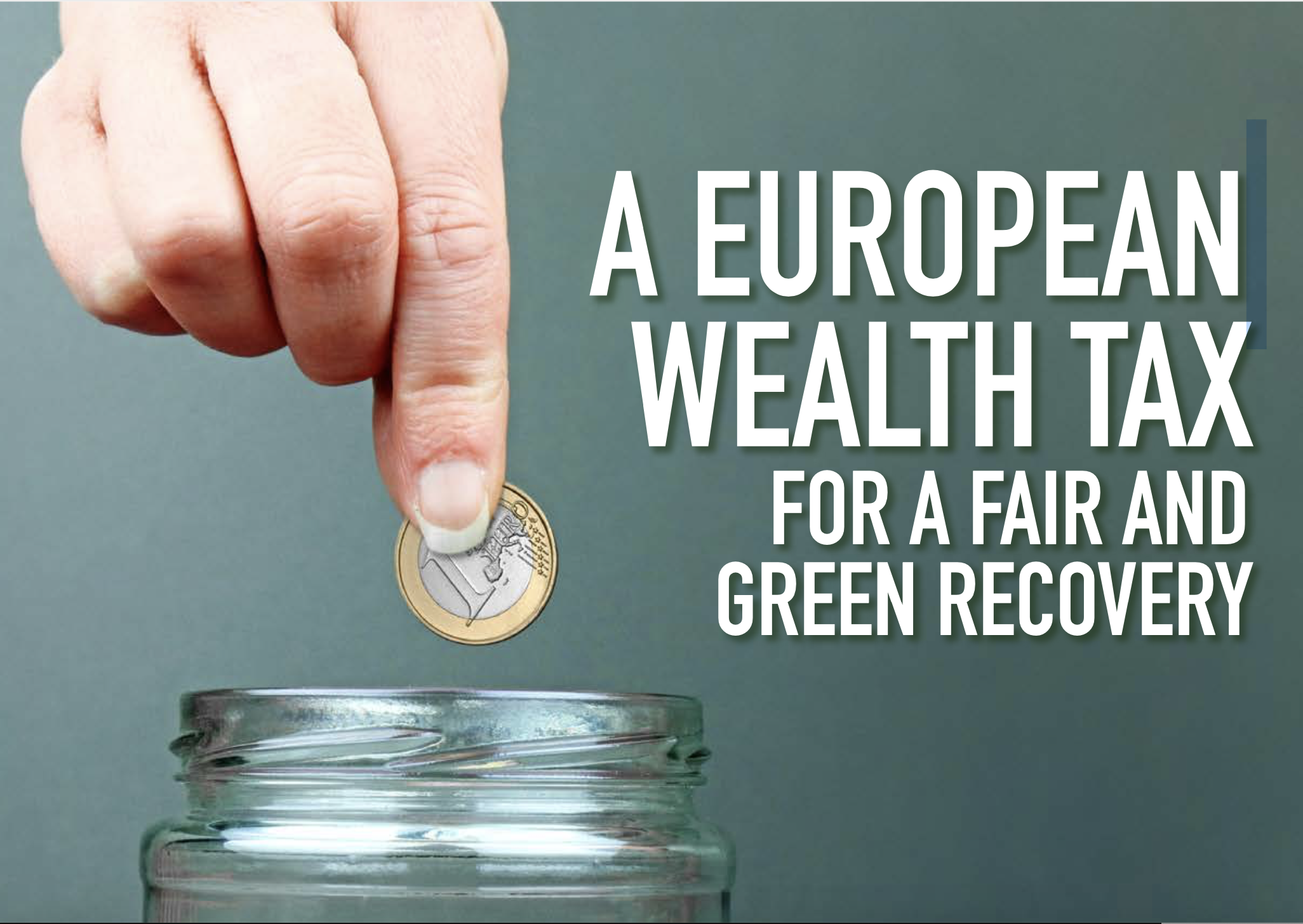
A European wealth tax for a fair and green recovery
read more -

The People’s Transition: Community-led development for Climate Justice
read more

























